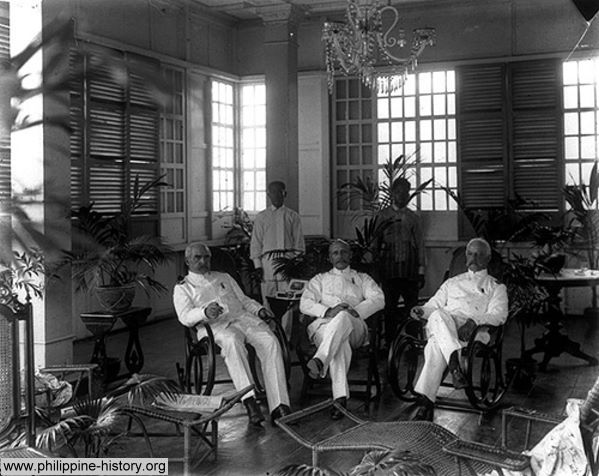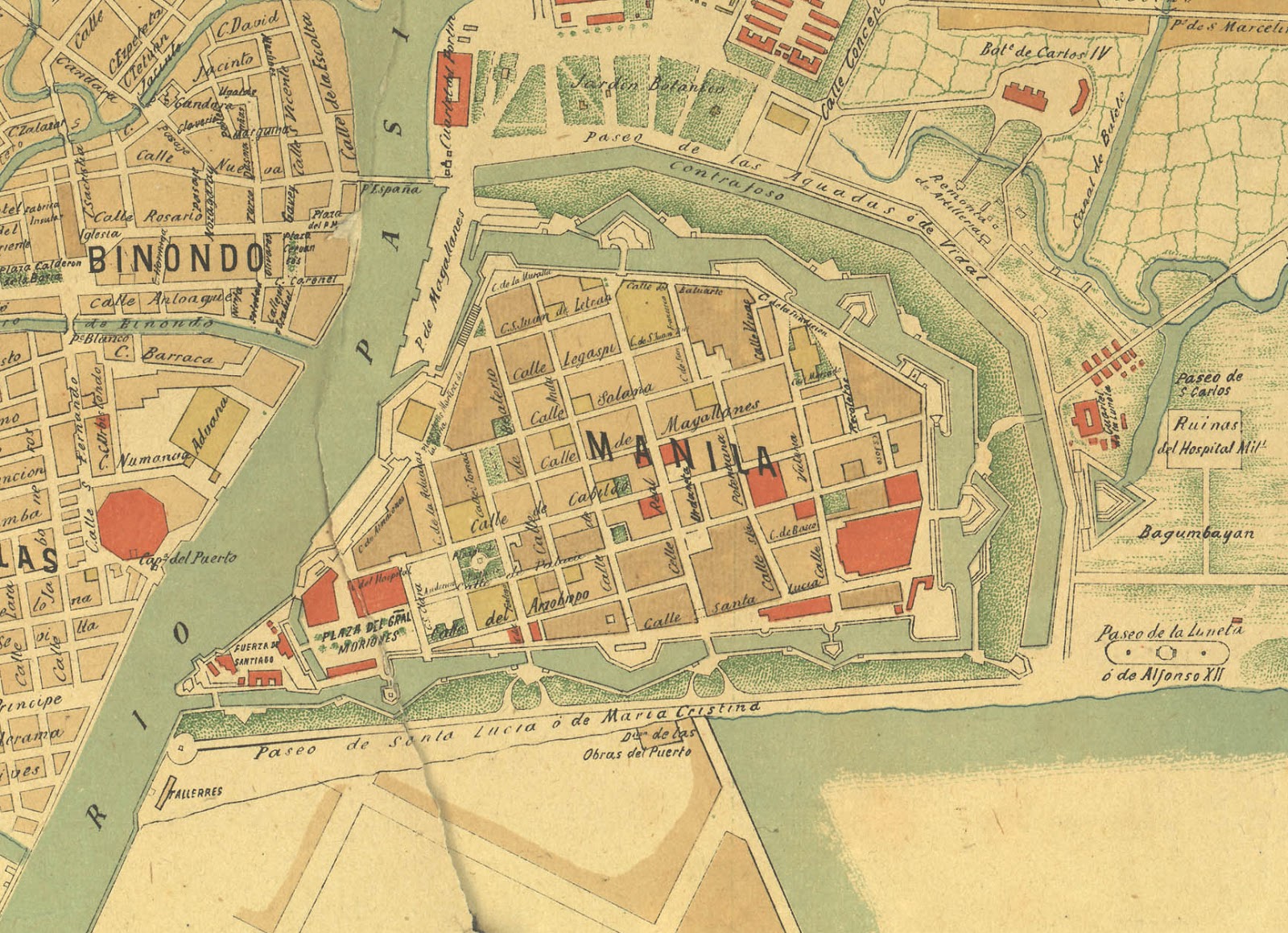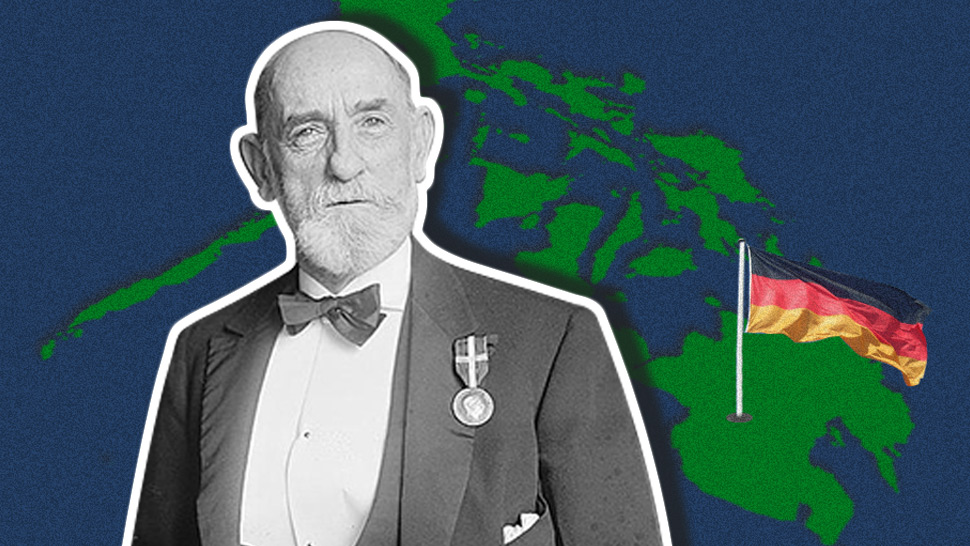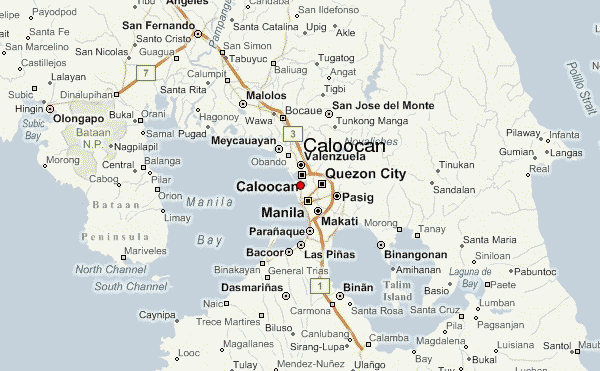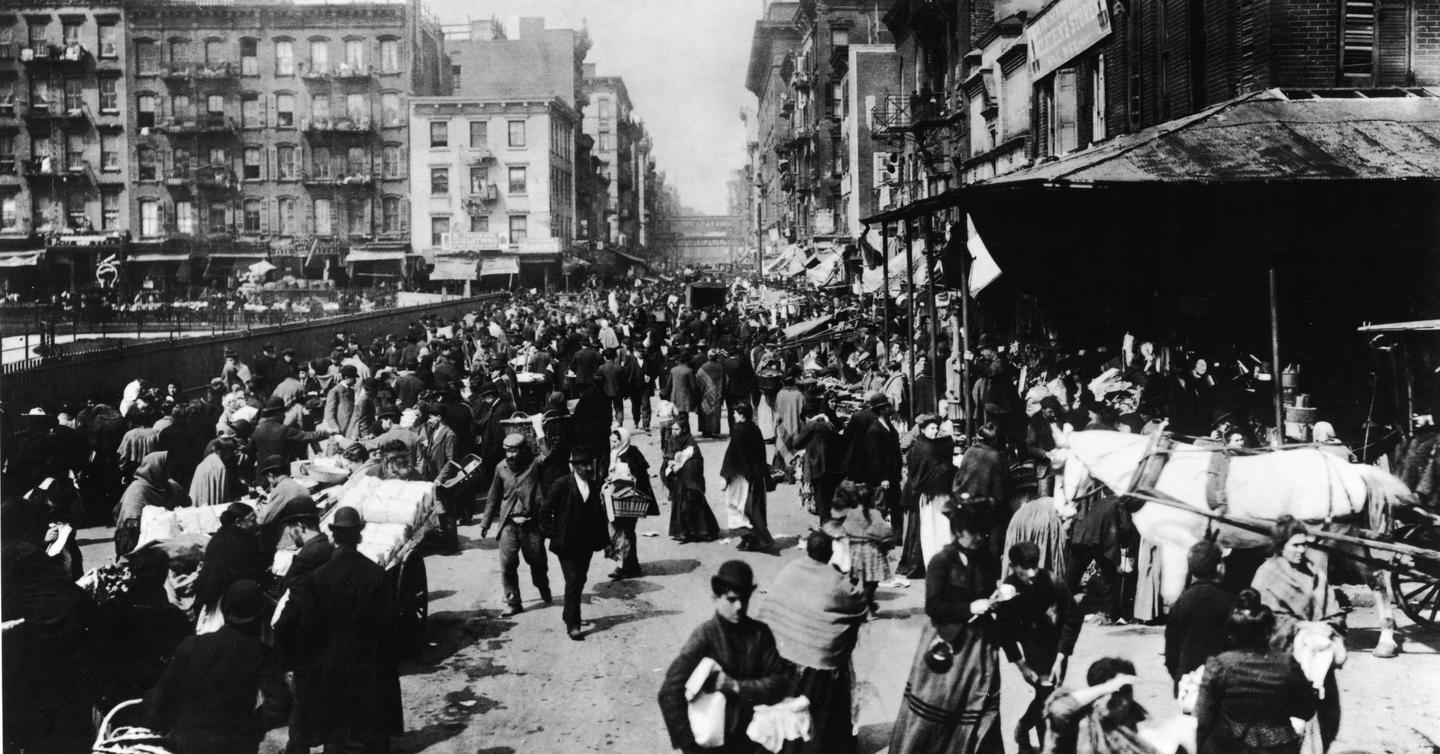The Filipino American War as seen by diarists in real time with some additional commentary and sourc
Aug 15, 2022 20:01:08 GMT
gillan1220 likes this
Post by miletus12 on Aug 15, 2022 20:01:08 GMT
The Philippine Diary Project Diary entries from Philippine history.
This is my primary first-person observer original documentation source for this period and location in history.
I will, whenever possible, supply other background source material as to the period, locale and conflict.
Let us begin.
Diary of John Henry Asendorf Sunday, August 14th, 1898
The 10th Pennsylvania has taken up their new profession as firemen and jailkeepers. What is odd is that many of the "militia" (National guardsmen) in this unit, before they enlisted, were ... jailkeepers, cops and firemen.
Note the casual racism as John Asendorf calls the Filipinos "natives". These "natives" have a "modern city" with its infrastructure, with electricity, with running toilets, with telephones, with a water treatment plant, with a police force, with a modern fire department, with a small navy yard, with a commercial trading district engaged in international commerce and shipping, and I would argue a SUPERIOR standard of sanitation and living conditions for its citizens to that of 1898 NEW YORK CITY.
I cannot suggest the corruption was less in Manila, but it, Manila City was, before the Americans came, called the "Pearl of the Orient".
=============================================================================
Diary of Lieutenant X (Aime Ernest Motsch) Sunday, August 14, 1898
1. LT Motsch has not read the Washington cables to Dewey.
2. The surrender was a local capitulation in that Jaudenes handed the city over to American administration and control. Motsch is grasping at straws to suggest a legal pretext for American withdrawal as the Japanese were compelled to give up ground when confronted by a united European coalition at the end of the first Sino-Japanese War and as the Japanese would have to do in the Russo-Japanese War. There is a subtle international law difference. As of now 14 August 1898, there is a formal global truce between Spain and the United States. Local conditions notwithstanding, the technical state of war is still in effect.
Diary of Lieutenant X (Aime Ernest Motsch) Sunday, August 14, 1898
1. The Germans go ashore, armed, because they are afraid. Motsch overrates them. Dewey sent Otto a "These are American waters, so behave yourself." letter.
2. The disarming of a surrendered army is traditional, at least among the Americans who take those surrenders, since Saratoga. So is the practice of "parole" whereupon an enemy soldier takes an oath to not take up arms against the United States again and is then set at liberty to go about his business. Motsch observes but does not understand this practice. We will see this practice attempted and then abandoned during the Filipino American War. All of those Spanish Mauser 1893 rifles, being collected, should be shipped back to the US to show the imbeciles, like Brigadier General Daniel W. Flager, what an actual rifle looks like. Motsch's casualty estimate is way off, unless he also includes Filipinos killed (murdered) in the war comedy by wild American shots out.
3. Refer to the Spanish American War thread for my comments about Motsch, the monster. He forgets...

and

Six rounds into Malate fort.
4. Admiral Montojo stated the truth. He called it a "comedia bélica". Motsch should have been able to translate that as "comédie de guerre" and understood what Merritt attempted. And to be further fair to Montojo, at least he tried. Augustin and Jaudenes had no excuses for how the current state of affairs evolved. In fact, their further incompetencies and corruption will lend fuel to the fire as to why the Americans and Filipinos come to blows.
5. Exercise strict surveillance. You think this might be the case with Otto and his bunch still out there plotting, while Aguinaldo's generals and the Katipunan rank and file are still smarting under General Greene's illegal "deadline order" about the Paco Incident?
6. Paroled Spanish soldiers and Americans share notes. When a French sailor of 1898 in writing complains about "stench" you might notice the comment was made by a French sailor whose hygiene was historically not too good either. The 8th Corps quartermaster, seems to have bollixed this quartering of the Spanish garrison after the surrender, completely up.
7. The provost notice Merritt posted
was about like the boilerplate legal bureaucratese one sees in Richmond, Virginia 1865 after the Union army took it. Civil law is temporarily suspended, and military courts will administer justice until new civil authority is established. This is actually more equitable law than the Spanish military applied.
8. Motsch sure has an eye for detail, but cannot analyze what he sees...
Think about the implications and what the Filipino American War is about to become. The army, Motsch describes, was reared on guerilla warfare against Native Americans. The Filipinos will prove a lot tougher than Apaches. But as we read further, we see that while Motsch correctly identifies the racism in Americans as he describes them, he does not see it in himself. He, too, refers to the Filipino people as "natives" and lumps them in with "redskins" and "negroes" which even in 1898 were offensive pejorative terms.
9. TB was a problem in the United States. It is malaria that Motsch sees here. American soldiers, as uniformed, are indicative of the incompetence of the Quartermaster Corps and the Russell Alger War Department. US troopers thus dress like cowboys and farmhands because that is "practical". Their issued blue winter campaign uniforms would give them heatstroke and make good high contrast sniper targets in the Philippines setting and co9nditions. You would have to be completely stupid or a French navy LT torpedo officer not to figure this out.
10. At night and out of officer oversight, loose on the local economy, these are young men with guns. I suppose that Motsch forgets about the rapes, robberies and murders in Fuzhou after the French sailors got ashore?
11. That imbecile of a Spanish colonel was quite brave after the fact, was he not? He did not have to imagine a city afire with the screams of women and children burned to death or imagine the collapse of forts full of masonry on top of Spanish soldiers after an American fleet pounded the works to rubble, or face the ammunition shortage, or the water shortage, or manage the horrors of a siege. He was not the man who would have to explain that decision to fight to the Americans or to the Cortez if he survived the victims' wraths to get to Spain and face Spanish justice? I swear, the more I read of Motsch, the more I am convinced that he is a non-thinking expletive deleted fool.
12. Final comment... cast iron mild steel nose capped shells, whether Spanish or in the case of the MNS Bruix, Motsch's armored cruiser, French made, are not going to do much against American Harvey steel hulls. And we did see what American steel shells did to Spanish masonry... and their Cruesot French alloy steel hulls (^^^).
================================================================================
Diary of Miguel Saderra Maso Domingo 14 de Agosto 1898
I would have commandeered all of the hotels and kicked the fat Europeans out of them. It would be a better solution than have the Spanish soldiers shivering in the rain in a church courtyard. Merritt should have thought of it; since his chief of quartermaster obviously did not.
=================================================================================
This is my primary first-person observer original documentation source for this period and location in history.
I will, whenever possible, supply other background source material as to the period, locale and conflict.
Let us begin.
Diary of John Henry Asendorf Sunday, August 14th, 1898
This is a beautiful morning. We witnessed a ceremony of the natives at the altar which we watched with great interest. About 10 a.m. we were moved to the Fire Department building to take up permanent headquarters for our regiment. Companies C, A and B were sent out to relieve the Spanish guard which were on guard in the jail and the penitentiary. This Spanish guard occupied the theater as a headquarters. Companies C and B occupied the theater together with the Spanish troops. [Frank] Christopher, [Frank] Shanaberger and [Walter] E. Collins are still on the sick list!
The 10th Pennsylvania has taken up their new profession as firemen and jailkeepers. What is odd is that many of the "militia" (National guardsmen) in this unit, before they enlisted, were ... jailkeepers, cops and firemen.
Note the casual racism as John Asendorf calls the Filipinos "natives". These "natives" have a "modern city" with its infrastructure, with electricity, with running toilets, with telephones, with a water treatment plant, with a police force, with a modern fire department, with a small navy yard, with a commercial trading district engaged in international commerce and shipping, and I would argue a SUPERIOR standard of sanitation and living conditions for its citizens to that of 1898 NEW YORK CITY.
I cannot suggest the corruption was less in Manila, but it, Manila City was, before the Americans came, called the "Pearl of the Orient".
=============================================================================
Diary of Lieutenant X (Aime Ernest Motsch) Sunday, August 14, 1898
Surrender
The American and Spanish officers have signed the treaty of surrender. When the Americans took over the government of Manila, they accorded the Spanish prisoners the honors of war.
The terms of the surrender worth noting are as follows:
Only the City of Manila and its environs are included in the terms of surrender.
--The sovereignty of the United States is merely provisional with the possible withdrawal of the American army.
--This convention is dated August 13.
--This last observation is important because Admiral Dewey apparently overlooked his dates, the peace treaty between Spain and the United States having been signed on August 12, the eve of the siege of Manila, while the Spanish flag was still flying.
The American and Spanish officers have signed the treaty of surrender. When the Americans took over the government of Manila, they accorded the Spanish prisoners the honors of war.
The terms of the surrender worth noting are as follows:
Only the City of Manila and its environs are included in the terms of surrender.
--The sovereignty of the United States is merely provisional with the possible withdrawal of the American army.
--This convention is dated August 13.
--This last observation is important because Admiral Dewey apparently overlooked his dates, the peace treaty between Spain and the United States having been signed on August 12, the eve of the siege of Manila, while the Spanish flag was still flying.
2. The surrender was a local capitulation in that Jaudenes handed the city over to American administration and control. Motsch is grasping at straws to suggest a legal pretext for American withdrawal as the Japanese were compelled to give up ground when confronted by a united European coalition at the end of the first Sino-Japanese War and as the Japanese would have to do in the Russo-Japanese War. There is a subtle international law difference. As of now 14 August 1898, there is a formal global truce between Spain and the United States. Local conditions notwithstanding, the technical state of war is still in effect.
Diary of Lieutenant X (Aime Ernest Motsch) Sunday, August 14, 1898
Admiral Dewey informs the foreign battleships that they can anchor in their original positions in Manila Bay. The naval officers hastily go on land but the overly cautious Germans, heedless of the dispatches concerning the treaty, go ashore fully armed. On land or at sea, Admiral von Diederich’s presence reaffirms the dominance of a formidable Germany.
It is said the Spaniards lost 400 men in yesterday’s fighting. Even if it were 40 or a hundred, the toll would still be too high since these men, dispersed everywhere on the ramparts, awaited the enemy without fighting and were ordered not to fire a single shot. The Spanish soldiers within the walls have already relinquished their guns unloaded and discharged, before they are allowed entry. Within the walls, an American officer piles up the confiscated guns in the guardhouse. I have also seen an infantry regiment and a battalion of soldiers disarmed before the city gates.
The Spanish soldiers keep their sabers and clench their teeth, perhaps out of rage or out of sheer humiliation. They undoubtedly harbor these feelings of betrayal in varying degrees, fully aware that there was no battle and that the troops present could have kept the Americans at bay.
Admiral Montojo has bluntly stated that the siege of Manila was a farce played by General Merritt. But he seems to forget that he also played a role similar to that of General Jaudenes and the Spaniards.
Now, Manila definitely looks like a conquered city. There is hardly any Spaniard on the street and all shops are closed. Panic is rising out of fear that the Tagals might pillage this city tonight or possible plan a massacre. Meanwhile, the Americans continue to exercise very strict surveillance.
Within the Walled City, the inhabitants and soldiers move around, and one can see the Spanish military men carrying on friendly conversations with the soldiers of the Union. Some are even drinking together in the cafes. What an encouraging sight! The streets are full of disarmed soldiers, but in the churches and convents, where the entire Spanish garrison is confined, the air is permeated by unbearable stench and dirt.
General Merritt has had a manifesto posted in English, Spanish and Tagalog declaring that Manila is now under American military government. There is no mention whatsoever of the insurgents. The American military is speaking on behalf of the United States in the same way that the Spaniards were speaking yesterday in the name of Spain, the repetition of this twist of fate clearly indicating the stranglehold of another foreign power on Manila.
The American soldiers are hefty and tall but appear narrow in the chest in relation to their height. It seems that tuberculosis is their Achilles heel. These men who exude self-confidence are more comfortable wearing cowboy outfits than the military uniform. Their huge felt hats resemble the plumed hats of musketeers in operettas. The color of their sporty brown uniform is very similar to that worn by our marine infantry. Some wear dark-blue tunics, which look too warm for the tropics. They all wear gaiters and belts of cartridges. During the day they are on their best behavior and pay for all their purchases. At night, they rid themselves of their inhibitions, drink excessively and, when quite drunk on whisky, become unbearable savages, killing at the slightest provocation. They do not unleash their brutish behavior on each other but rather on the natives. As soon as they see one, the manhunt begins. This sport enjoyed by these champions of humanity has been inherited from their forefathers, who pursued the Redskins and Negroes. This war has certainly given the Americans the opportunity for magnificent manhunts in the Philippines and Cuba at very little cost.
Rumors about the impropriety of this siege is spreading fast. It is said tha when General Jaudenes stated, On the presumption that Manila cannot defend itself, no cannons should be fired, only one general defiantly protested and said, When the hostilities start, we should fight to the bitter end!” Strong words spoken by a man who dared speak his mind at a time like this.
The Spaniards have convinced themselves that they had no other alternative, a convenient excuse for a well deserved defeat. Colonel ___________ now insists that the situation was inevitable, but vehemently denies that the Spanish artillerymen were inferior to their mediocre American counterparts. “In fact, most people are unaware that we used armor-piercing shells to destroy bridges and watchtowers. Let it not be said that our shells were useless. But when asked why the other types of missiles were not used, he had to admit that the Spanish officers had not been instructed on the use of the various projectiles.
It is said the Spaniards lost 400 men in yesterday’s fighting. Even if it were 40 or a hundred, the toll would still be too high since these men, dispersed everywhere on the ramparts, awaited the enemy without fighting and were ordered not to fire a single shot. The Spanish soldiers within the walls have already relinquished their guns unloaded and discharged, before they are allowed entry. Within the walls, an American officer piles up the confiscated guns in the guardhouse. I have also seen an infantry regiment and a battalion of soldiers disarmed before the city gates.
The Spanish soldiers keep their sabers and clench their teeth, perhaps out of rage or out of sheer humiliation. They undoubtedly harbor these feelings of betrayal in varying degrees, fully aware that there was no battle and that the troops present could have kept the Americans at bay.
Admiral Montojo has bluntly stated that the siege of Manila was a farce played by General Merritt. But he seems to forget that he also played a role similar to that of General Jaudenes and the Spaniards.
Now, Manila definitely looks like a conquered city. There is hardly any Spaniard on the street and all shops are closed. Panic is rising out of fear that the Tagals might pillage this city tonight or possible plan a massacre. Meanwhile, the Americans continue to exercise very strict surveillance.
Within the Walled City, the inhabitants and soldiers move around, and one can see the Spanish military men carrying on friendly conversations with the soldiers of the Union. Some are even drinking together in the cafes. What an encouraging sight! The streets are full of disarmed soldiers, but in the churches and convents, where the entire Spanish garrison is confined, the air is permeated by unbearable stench and dirt.
General Merritt has had a manifesto posted in English, Spanish and Tagalog declaring that Manila is now under American military government. There is no mention whatsoever of the insurgents. The American military is speaking on behalf of the United States in the same way that the Spaniards were speaking yesterday in the name of Spain, the repetition of this twist of fate clearly indicating the stranglehold of another foreign power on Manila.
A considerable number of American troops seen at close range show no signs of order, or discipline. It is obvious why the Germans look down disdainfully on them. They look like an army organized for manhunts while the English marines remind me of a flotilla of yachtsmen. The Americans involved everywhere, just like their counterparts, the English, remain different from them, like the contrast between the rustic and aristocratic or between the workhand and the lord of the manor. The American army has always been regarded as a school for athletics, a notion that should be expanded to moral gymnastics or a virtual seminary for democracy.
Rumors about the impropriety of this siege is spreading fast. It is said tha when General Jaudenes stated, On the presumption that Manila cannot defend itself, no cannons should be fired, only one general defiantly protested and said, When the hostilities start, we should fight to the bitter end!” Strong words spoken by a man who dared speak his mind at a time like this.
The Spaniards have convinced themselves that they had no other alternative, a convenient excuse for a well deserved defeat. Colonel ___________ now insists that the situation was inevitable, but vehemently denies that the Spanish artillerymen were inferior to their mediocre American counterparts. “In fact, most people are unaware that we used armor-piercing shells to destroy bridges and watchtowers. Let it not be said that our shells were useless. But when asked why the other types of missiles were not used, he had to admit that the Spanish officers had not been instructed on the use of the various projectiles.
2. The disarming of a surrendered army is traditional, at least among the Americans who take those surrenders, since Saratoga. So is the practice of "parole" whereupon an enemy soldier takes an oath to not take up arms against the United States again and is then set at liberty to go about his business. Motsch observes but does not understand this practice. We will see this practice attempted and then abandoned during the Filipino American War. All of those Spanish Mauser 1893 rifles, being collected, should be shipped back to the US to show the imbeciles, like Brigadier General Daniel W. Flager, what an actual rifle looks like. Motsch's casualty estimate is way off, unless he also includes Filipinos killed (murdered) in the war comedy by wild American shots out.
3. Refer to the Spanish American War thread for my comments about Motsch, the monster. He forgets...
and
Six rounds into Malate fort.
4. Admiral Montojo stated the truth. He called it a "comedia bélica". Motsch should have been able to translate that as "comédie de guerre" and understood what Merritt attempted. And to be further fair to Montojo, at least he tried. Augustin and Jaudenes had no excuses for how the current state of affairs evolved. In fact, their further incompetencies and corruption will lend fuel to the fire as to why the Americans and Filipinos come to blows.
5. Exercise strict surveillance. You think this might be the case with Otto and his bunch still out there plotting, while Aguinaldo's generals and the Katipunan rank and file are still smarting under General Greene's illegal "deadline order" about the Paco Incident?
6. Paroled Spanish soldiers and Americans share notes. When a French sailor of 1898 in writing complains about "stench" you might notice the comment was made by a French sailor whose hygiene was historically not too good either. The 8th Corps quartermaster, seems to have bollixed this quartering of the Spanish garrison after the surrender, completely up.
7. The provost notice Merritt posted
General Merritt has had a manifesto posted in English, Spanish and Tagalog declaring that Manila is now under American military government.
8. Motsch sure has an eye for detail, but cannot analyze what he sees...
A considerable number of American troops seen at close range show no signs of order, or discipline. It is obvious why the Germans look down disdainfully on them. They look like an army organized for manhunts...
9. TB was a problem in the United States. It is malaria that Motsch sees here. American soldiers, as uniformed, are indicative of the incompetence of the Quartermaster Corps and the Russell Alger War Department. US troopers thus dress like cowboys and farmhands because that is "practical". Their issued blue winter campaign uniforms would give them heatstroke and make good high contrast sniper targets in the Philippines setting and co9nditions. You would have to be completely stupid or a French navy LT torpedo officer not to figure this out.
10. At night and out of officer oversight, loose on the local economy, these are young men with guns. I suppose that Motsch forgets about the rapes, robberies and murders in Fuzhou after the French sailors got ashore?
11. That imbecile of a Spanish colonel was quite brave after the fact, was he not? He did not have to imagine a city afire with the screams of women and children burned to death or imagine the collapse of forts full of masonry on top of Spanish soldiers after an American fleet pounded the works to rubble, or face the ammunition shortage, or the water shortage, or manage the horrors of a siege. He was not the man who would have to explain that decision to fight to the Americans or to the Cortez if he survived the victims' wraths to get to Spain and face Spanish justice? I swear, the more I read of Motsch, the more I am convinced that he is a non-thinking expletive deleted fool.
12. Final comment... cast iron mild steel nose capped shells, whether Spanish or in the case of the MNS Bruix, Motsch's armored cruiser, French made, are not going to do much against American Harvey steel hulls. And we did see what American steel shells did to Spanish masonry... and their Cruesot French alloy steel hulls (^^^).
================================================================================
Diary of Miguel Saderra Maso Domingo 14 de Agosto 1898
The cazadores who defended them are arriving from the trenches and are housed in the churches of the town, which is the place that the Spanish Authorities have first thought about once all the barracks have been transferred to the Yankees.
I would have commandeered all of the hotels and kicked the fat Europeans out of them. It would be a better solution than have the Spanish soldiers shivering in the rain in a church courtyard. Merritt should have thought of it; since his chief of quartermaster obviously did not.
=================================================================================






